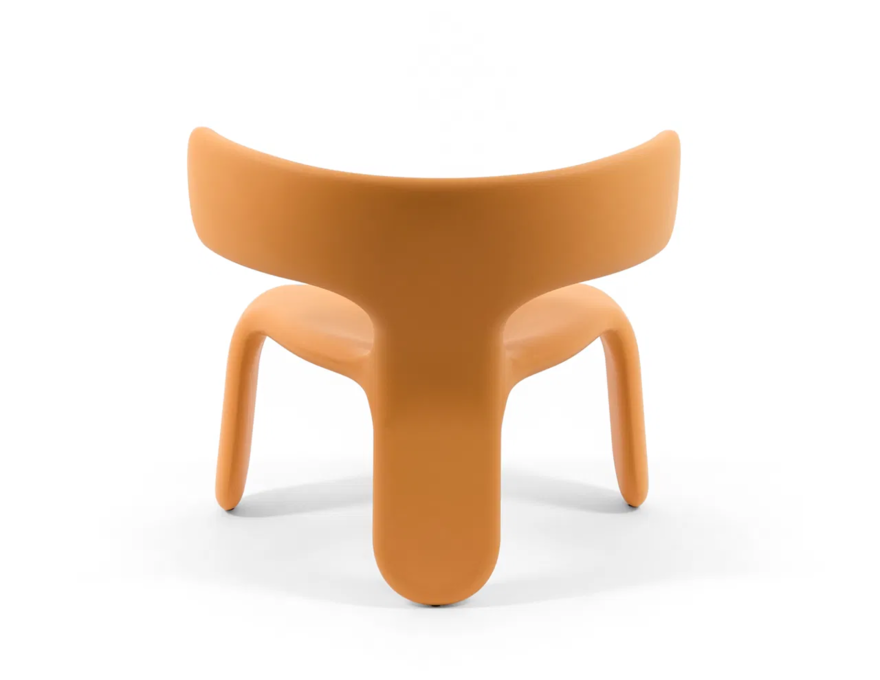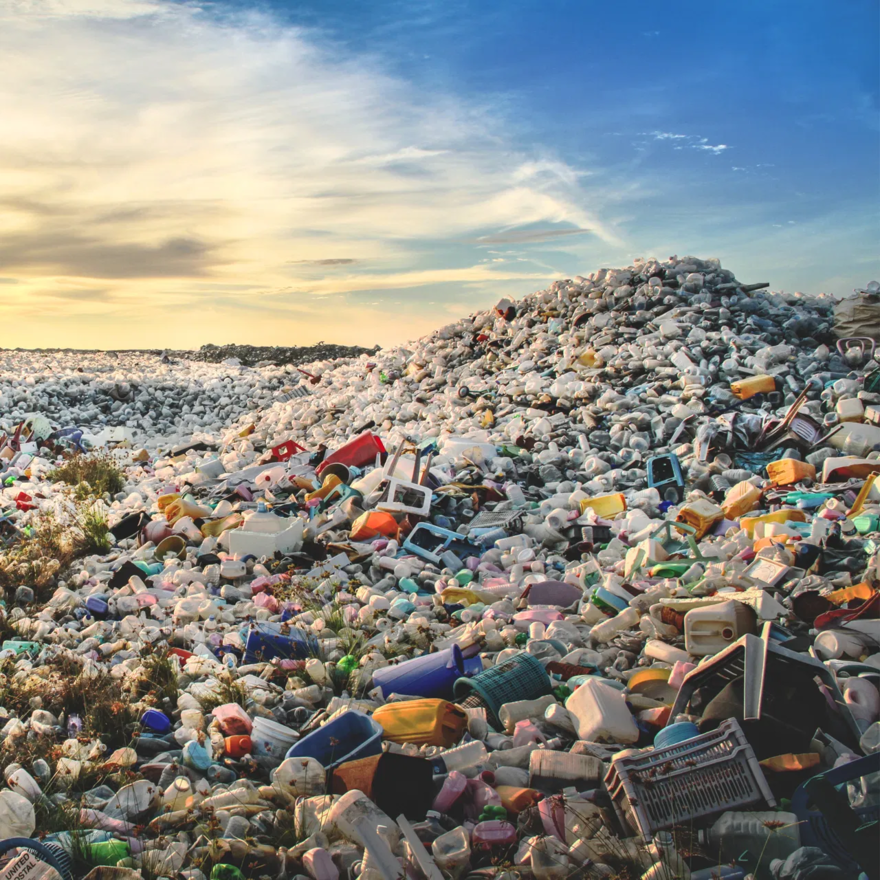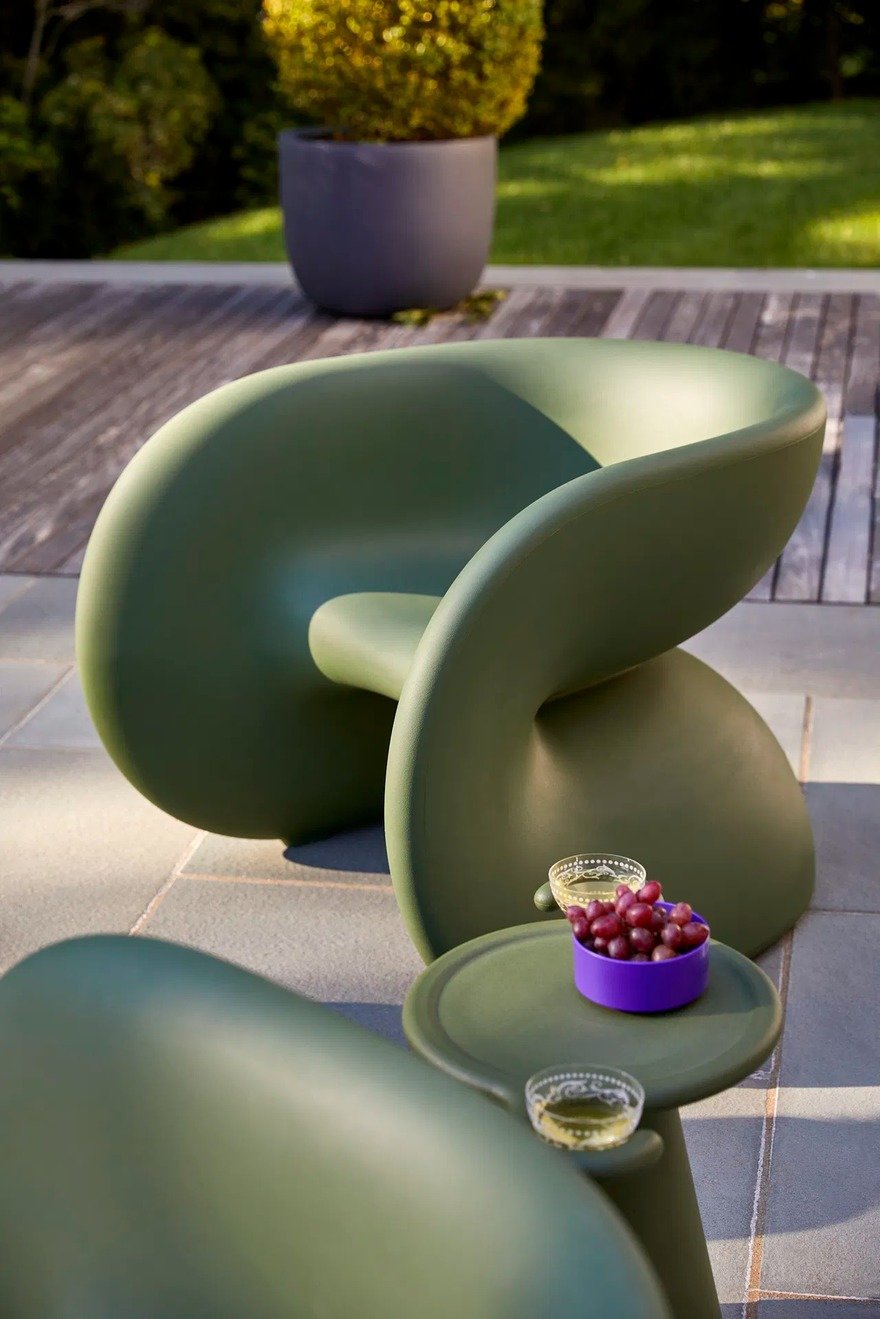Heller Figures Out How to Make Plastic Furniture That Doesn't Shed Microplastics
A new study shows we inhale 68,000 microplastic particles a day
A disturbing new study from France's Université de Toulouse has found we're constantly breathing in microplastics—in our homes, workplaces and cars. Postdoctoral researcher Nadiia Yakovenko and her team learned we're inhaling 68,000 microplastic particles every day, far more than previously suspected.
 Image: Anna Shvets
Image: Anna Shvets
Some of the takeaways from the study:
"These particles are smaller than a speck of dust and more than 7 times thinner than the width of a single strand of hair. Upon inhalation, they can penetrate deep into the lungs."
"The number of particles we found was both surprising and concerning, and is the result of the degradation of numerous plastic objects in our homes, including carpet, curtains, paint, textiles, and other household items."
"When microplastics are inhaled, these tiny particles can enter deep into our respiratory system and potentially cause inflammation or irritation. Microplastics carry toxic additives, such as bisphenol A, or phthalates, which can reach our bloodstream. While research is still ongoing, there is concern that long-term exposure to microplastics and their additives may contribute to respiratory problems, disrupt endocrine function and increase risk for neurodevelopmental disorders, reproductive birth defects, infertility, cardiovascular disease, and cancers."
Coincidentally, the same day I learned this, I learned that furniture manufacturer Heller has figured out how to make plastic furniture that won't shed microplastics.

After years of research, they've identified a special enzyme that they now add to their proprietary polymer mix. The enzyme doesn't affect the durability of the plastic, nor its recyclability, and lays dormant within the furniture piece. But if the piece is thrown into an anaerobic environment—i.e., a landfill dump—the enzyme activates and starts breaking the plastic down.

As a result of the enzyme's work, naturally occurring microorganisms can then consume the plastic completely, leaving behind only dirt and biogas. The company claims that it takes around five years and leaves behind zero microplastics.

They call the technology Worry Free Plastic. It's an impressive accomplishment, but unless every other manufacturer of plastic in the world gets on board, we're still looking at that 68,000 figure.
-
o5Favorite This
-
Q1Comment
K
{Welcome
Create a Core77 Account
Already have an account? Sign In
By creating a Core77 account you confirm that you accept the Terms of Use
K
Reset Password
Please enter your email and we will send an email to reset your password.

Comments
"Worry Free Plastic" might be the new buzz-word for green washing.